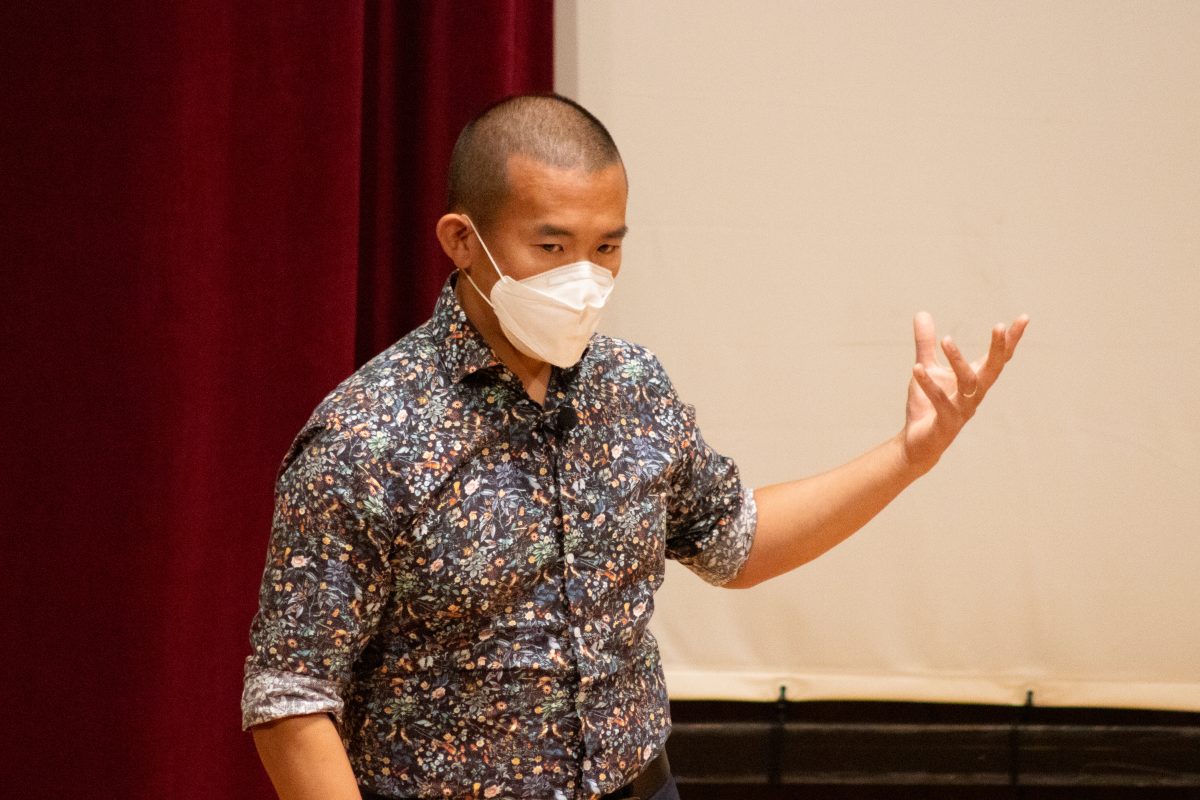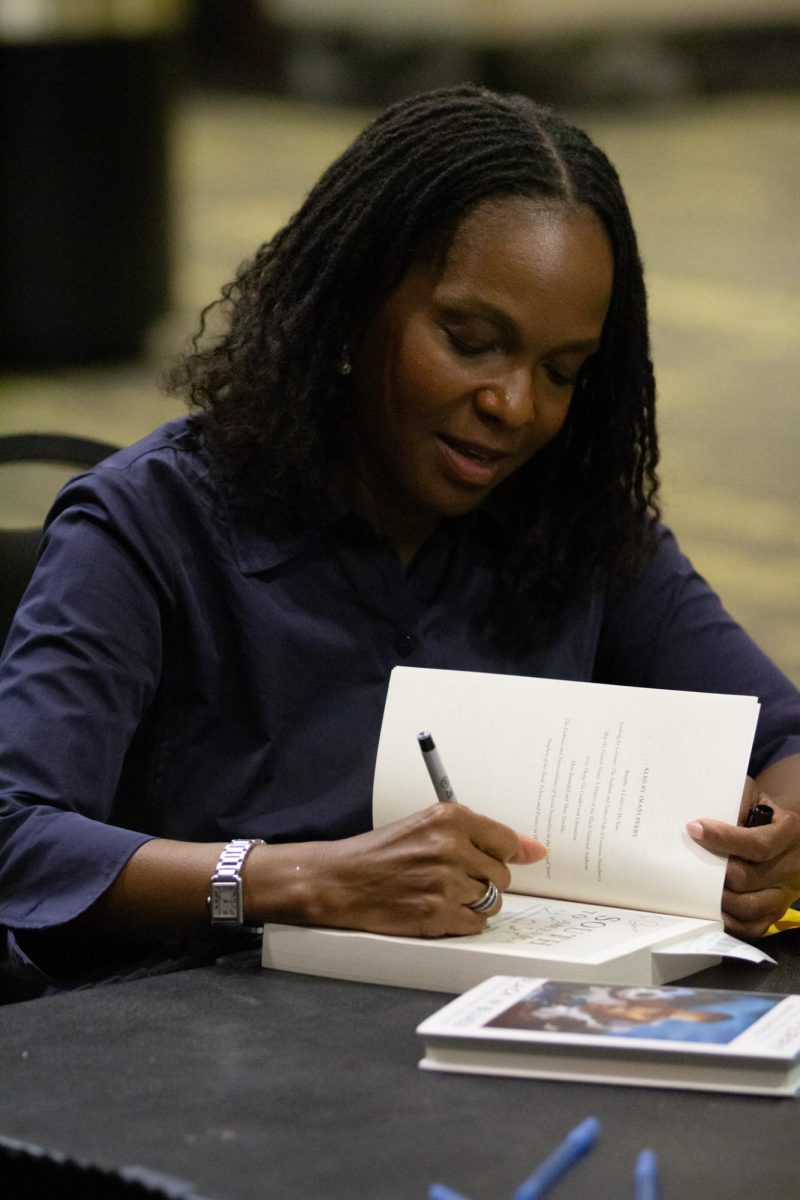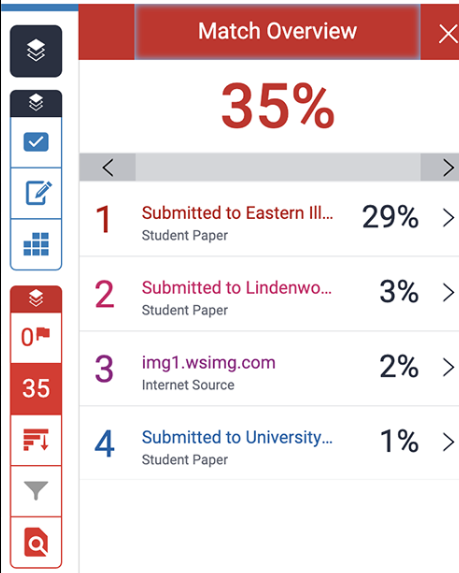Science journalist Ed Yong captivated audiences at Bennett Auditorium on September 17, 2024, as part of the Honors Forum speaker series. The event began at 6:30 P.M., where Yong explored the fascinating world of animal senses and challenged the audience’s understanding of perception.
Yong, a former staff writer at The Atlantic and recipient of the Pulitzer Prize is known for translating complex scientific concepts into accessible narratives for the general public. His ability to bridge the gap between scientific discovery and public understanding has earned him widespread acclaim and a dedicated readership.
During his Forum presentation, Yong discussed themes from his 2022 New York Times bestseller and Andrew Carnegie Medal-winning book, “An Immense World: How Animal Senses Reveal the Hidden Realms Around Us.” He introduced the audience to the concept of the “unique sensory bubble” that envelops each animal species, highlighting how humans perceive only a fraction of the sensory information available in our environment.
“There’s a chapter in the book about pain and how animals experience pain and how many of them experience, maybe it’s not exactly the same kind of sensation that we experience and describe as painful, then something akin to that. I think that is one of many axes that we should consider when thinking about issues like animal welfare, research, whether we eat animals or not, right? These are complicated issues and I’m not going to pretend or offer simple answers to any of them,” Yong said. “The other piece of it that you asked about, our attitudes to the natural world, I think is a little bit more straightforward in that I care about the natural world very deeply and it is in a time it exists currently in a time of great peril.”
Yong’s earlier work, “I Contain Multitudes: The Microbes Within Us and a Grander View of Life” (2016), also a New York Times bestseller, explored the intricate relationships between microbes and their hosts. This breadth of knowledge allows Yong to draw connections between the microscopic and macroscopic worlds, painting a holistic picture of life on Earth.
In 2020, the Poynter Institute for Media Studies named Yong “the most important and impactful journalist” of the year for his in-depth coverage of the coronavirus pandemic. His ability to clearly communicate complex scientific information proved crucial during a time of global crisis.
As attendees filed into the Bennett Auditorium, many were excited to hear him speak. “I have been a long-time fan of Ed Yong. I started reading his blog 20 years ago. I really have enjoyed his writing,” said Kim Cressman, an audience member. “I think he does a really good job of communicating about science and the stories and the process and the information, and when I found out he was coming here, I got really excited to come and see him in person.”
The Forum not only showcased Yong’s expertise but also highlighted the importance of science communication in today’s world. As the world continues to face global challenges that require scientific understanding, voices like Yong’s play a crucial role in fostering an informed and engaged public.




























